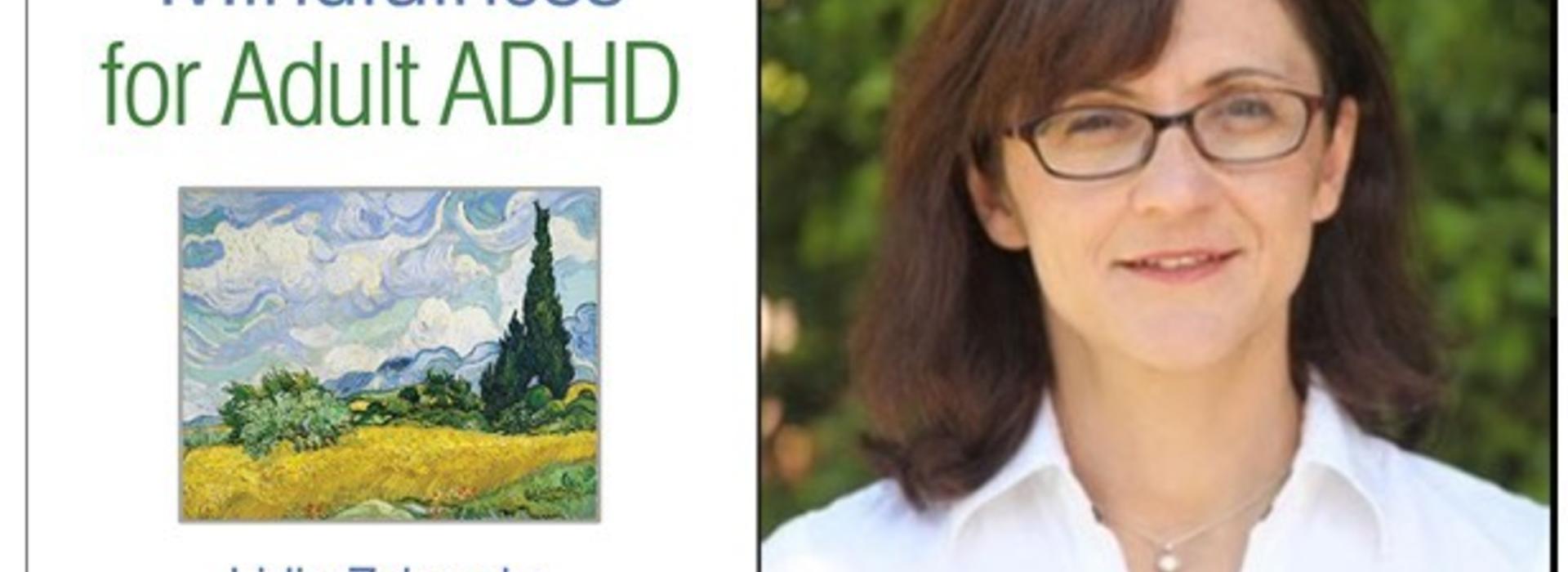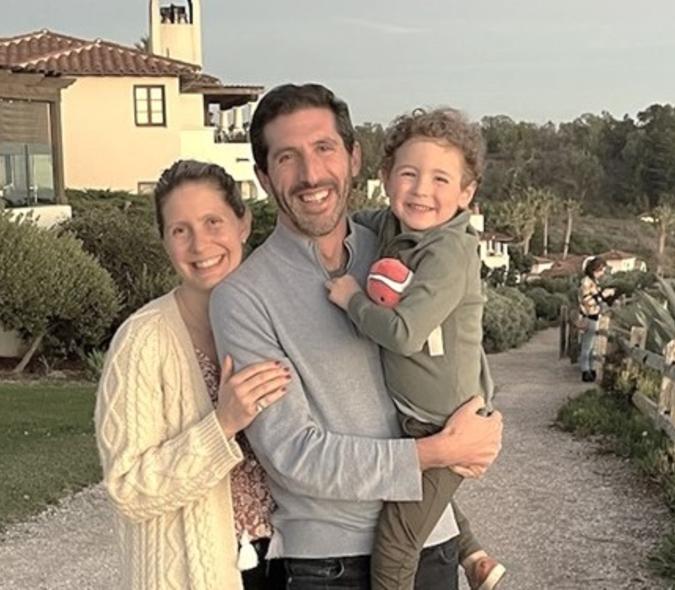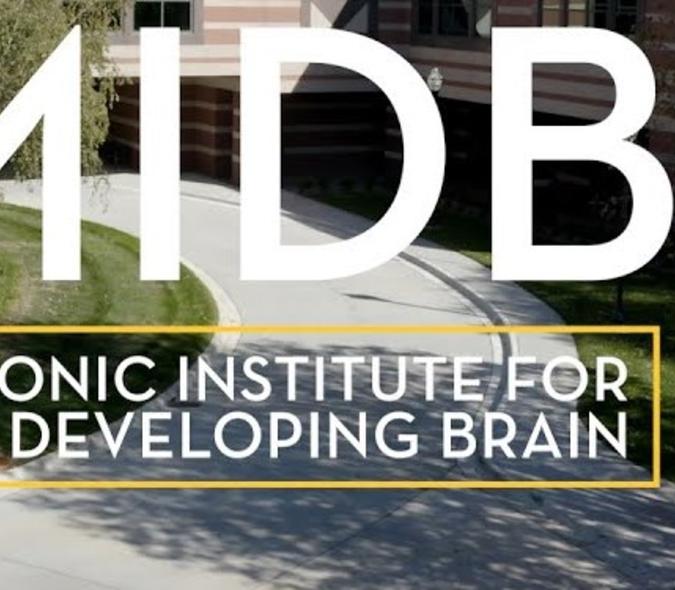
Faculty member co-writes book giving clinicians a roadmap for using mindfulness to treat adults with ADHD
Acclaimed ADHD (attention deficit hyperactivity disorder) expert, Lidia Zylowska, MD, recently published her second book about the condition. Titled, Mindfulness for Adult ADHD: A Clinician's Guide, the book is designed to give clinicians working with adults who have ADHD another tool to support their patients.
Zylowska, who is a psychiatrist and an Associate Professor in the U’s Department of Psychiatry and Behavioral Sciences, pioneered the use of mindfulness for ADHD. She conducted the first feasibility study of mindfulness training for adults and teens with ADHD at the University of California Los Angeles (UCLA). Zylowska would eventually help cofound UCLA’s Mindful Awareness Research Center and led the development of the Mindful Awareness Practices (MAPs) for ADHD Program. Her own peer-reviewed research and other studies from throughout the world have shown the usefulness of mindfulness-based interventions (also referred to as MBIs) for ADHD.
Why mindfulness works
“When clinicians treat adults with ADHD using stimulants or cognitive behavioral therapy, they don’t always get optimal results,” Zylowska explained. “Mindfulness can address many of ADHD’s difficulties by teaching one to focus and monitor attention, learn emotion-regulation skills, and develop self-acceptance and self-compassion.” Available studies show that core ADHD symptoms — inattentiveness and hyperactivity/impulsivity — can improve with mindfulness training. Additional benefits in executive function measures, performance on attentional tasks, and reduction in negative emotions have also been found.
A subset of those with ADHD also struggle with shame or negative and impulsive emotions such as anger, noted Zylowska. “There is growing recognition in the field that emotion regulation difficulties create a lot of impairment in ADHD,” she said. “That’s where mindfulness can be really helpful.”
Clinicians could also benefit from treatment options such as mindfulness for adults who do not or only partially respond to current ADHD treatments and/or those who experience medication side effects. They also need a roadmap for how to use mindfulness. Zylowska’s book gives them that roadmap.
Practical tools
According to the publisher, Mindfulness for Adult ADHD: A Clinician's Guide, includes step-by-step instructions for conducting group-based mindfulness sessions, scripts for guided meditations, 33 reproducible handouts, and “Adaptation for Individual Therapy” insert boxes that provide tips about bringing mindfulness training into one-on-one therapy. Purchasers also get access to a companion website where they can download printable copies of the handouts and audio recordings of the guided practices. In addition, the book helps clinicians learn more about ADHD and its many facets, according to Zylowska.
ADHD-friendly approach
Because meditation is such an important part of mindfulness training and those with ADHD aren’t known for their ability to stay still for long periods of time, the book takes what Zylowska calls an “ADHD-friendly” approach to teaching. “The MAPs approach was designed to be very gradual, starting with short practices,” she said. “We also include a variety of practices that range from sitting to moving, from formal to informal.” The informal mindfulness practice — or practicing brief shifts in awareness in daily life — is particularly helpful, according to Zylowska. “Those with ADHD learn to notice how their habitual or automatic ADHD behaviors occur in their daily activities and have an opportunity to change their reaction or behavior,” she explained.
Zylowska wrote the book with John T. Russell, PhD, Assistant Professor in the Department of Psychiatry and Behavioral Sciences at Duke University and a faculty member in Duke’s ADHD Program. She and Russell had collaborated on ADHD and mindfulness research over many years.
“The value of mindfulness for ADHD, as well as for other mental and physical conditions, is that it teaches the ability to bring attention and awareness to inner experiences, develops self-acceptance and self-compassion, and in the process, leads to better emotion-regulation skills,” said Zylowska. “This combination can have a tremendous impact on how ADHD and related stress is experienced and leads to increased resilience.”
More information about the book (it is also available on Amazon). Her first award-winning self-help book, The Mindfulness Prescription for Adult ADHD: An 8-Step Program for Strengthening Attention, Managing Emotions, and Achieving Your Goals, is also available on Amazon.



